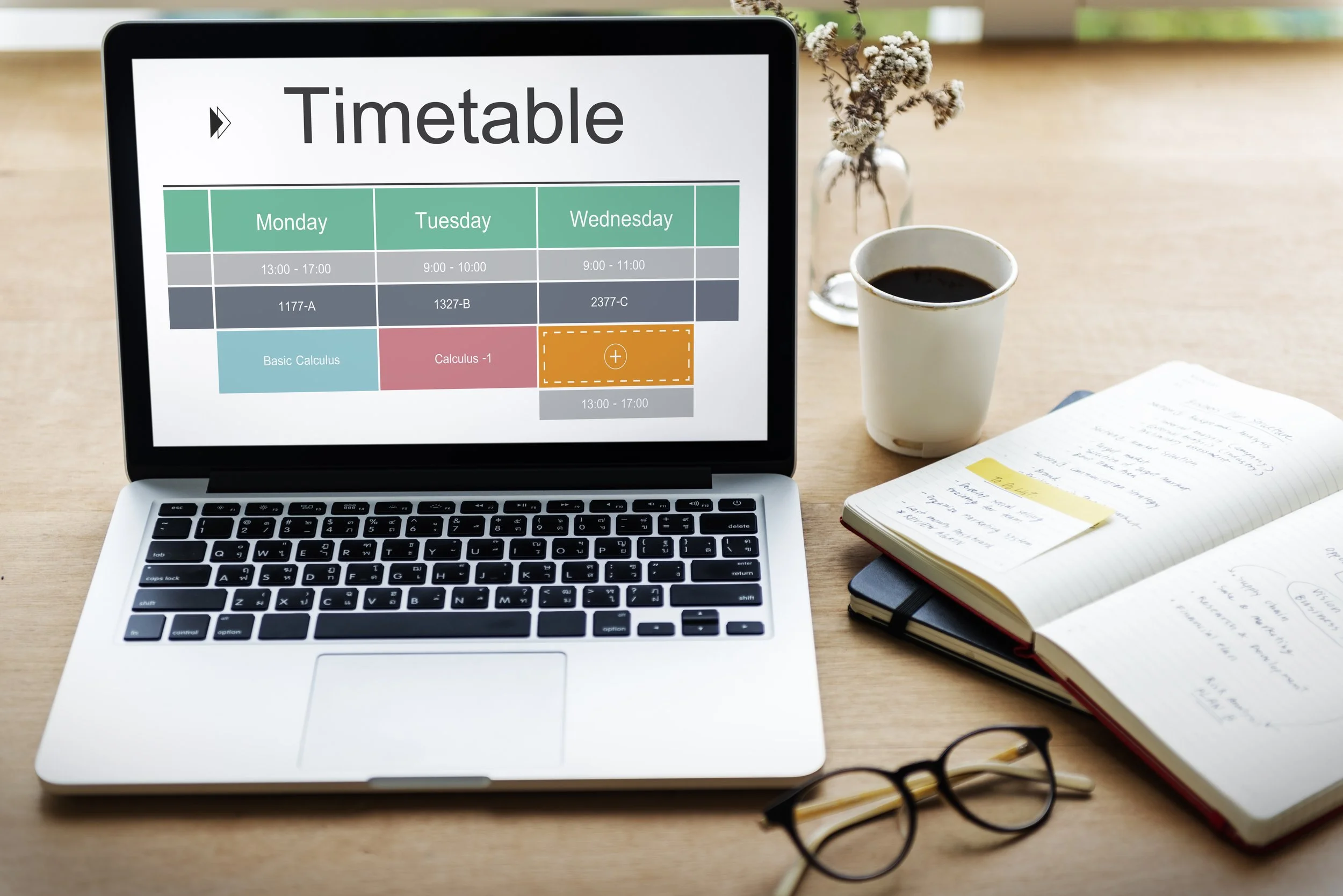What I Wish I Knew Before My GCSEs and A-Levels
🕒 Read time: 5 mins
Achieving top grades at GCSE or A-Level isn’t about natural intelligence or having the best teachers; it’s about you and how consistently and strategically you revise and manage your time. This post is designed to share my real-life experiences, effective revision strategies, and lifestyle habits that can help you stay focused during these stressful periods. I’ll show you how to maintain balance between your revision and pleasure, the way I did when balancing my Jiu-Jitsu training and studies.
I learned quite quickly during my life in school that it didn’t take being blessed with intelligence to succeed. I wasn’t always the top student; it was a journey where I discovered that methods like cramming or last-minute revision didn’t give me the results I wanted. What it took was a process consisting of managing time, building habits, and solidifying my mindset of wanting the best. I’ll cover everything in this post for those just starting their revision journey or deep in their exam session.
Starting Early
For starters, I will always recommend the same thing over and over — that is, start early. It’s never too early to start recapping the content you’ve learnt. It’s never too early to do a past paper. In the rare occasion you’ve covered everything you need to do, do it again. This made a huge difference for me during the year, especially when time would be tight if I had training a couple of hours after school. This is the key to making time for your hobbies while ensuring you don’t fall behind in revision. Starting early gives you the option to add revision to your life rather than revision being your life. It gives you more flexibility and allows you to keep in the activities you enjoy, which helps you stay balanced and reduce stress.
Timetable
I know you’ve heard of a revision timetable — you’re probably sick of it. I used to think that it was a waste of time when instead I could just be doing what it was made for: revision. I’m not only here to tell you to make one. I’m about to suggest something that might not sit well with all your teachers. Use AI. This is not a submitted piece of work. This is just for you. A simple prompt such as “Create me a revision timetable for GCSE or A-Level Maths, Biology and Physics spanning over 2 weeks” will produce a fully functional timetable for you to follow. You can even tailor it to the hobbies you want to do and the times you do them. However, there’s an important aspect that personally kept me sticking to it — and that was telling the AI to add catch-up periods. It’s nearly impossible to stay completely on a timetable, and I know this, but that is fine. We can account for this by adding a day of break and general catch-up.
Generative AI
Generative AI doesn’t have to be the enemy of your studies, as some teachers might suggest. When used correctly, it can be everything you need. Previously, I talked about using it to create the perfect timetable tailored to your needs. Programs like Microsoft Copilot and ChatGPT are incredibly helpful during revision — you can ask them what you’re confused about, even ask them to simplify things, and they’ll explain it perfectly. Furthermore, they drastically cut down the time spent searching for answers that suit you.
The Necessities
Strangely, there are so many resources online and in books that it can be hard to know which ones are useful — and which ones to trust. To guide you through the maze, I’ll give you good resources for A-Level and GCSE. For GCSE, for any subject and any content — I found BBC Bitesize was the perfect source. It went into enough detail for GCSE level and explained it with great clarity. FreeScienceLessons on YouTube also helped a lot for GCSE science. He explained concepts in science clearly and didn’t waste any time, making him the most efficient YouTuber for GCSE level. However, for Maths specifically, I don’t recommend anything besides past paper questions and one-on-one lessons with teachers or tutors. I found getting taught Maths was the only way to get a real understanding of the content. More importantly, engaging by asking questions when stuck and doing questions in past papers really solidified the knowledge.
For A-Level, the approach becomes more specific. Every subject has its best way. For example, Chemistry stayed on a YouTube path with channels such as Eliot Rintoul and Allery Chemistry becoming my main sources of content, while Physics took a path of reading textbooks for content and answering questions, as the content started becoming difficult concepts — ones that became increasingly harder to explain, which needed focus and more detailed explanations. Maths, however, stayed the same. Keep doing questions, keep asking questions, keep at it, and success will follow. Periodically revise and work hard — A-Levels are more difficult. I recommend the course books for the exam board you’re taking and past papers for every subject, as you cannot be asked any questions outside these books’ content. Books can be found on Amazon, or if you want to go to the used market, eBay or charity shops have plenty of options.
Listen, it’s not too late to start revising. A little revision is always better than none — especially last minute and the day before the exam. Short-term memory is strong; you won’t need the content after the exams, so reading notes right before the exam is crucial to get extra marks that might just be the difference between an 8 and a 9 or an A and an A*. Sleep well before an exam and remember stress is normal and it won’t last forever. Keep pushing through to get the results you want and follow the tactics you now know to reduce stress and anxiety.
Lastly, GOOD LUCK! You’ll be fine!
References
Allery Chemistry, n.d. Allery Chemistry – A Level Chemistry Resources. [online] Available at: https://www.youtube.com/@AlleryChemistry [Accessed 3 November 2025].
Amazon, n.d. Amazon UK. [online] Available at: https://www.amazon.co.uk [Accessed 3 November 2025].
BBC Bitesize, n.d. BBC Bitesize – Learning and Revision. [online] Available at: https://www.bbc.co.uk/bitesize [Accessed 3 November 2025].
eBay, n.d. eBay UK. [online] Available at: https://www.ebay.co.uk [Accessed 3 November 2025].
FreeScienceLessons, n.d. FreeScienceLessons – GCSE and A Level Science Videos. [online] Available at: https://www.youtube.com/@Freesciencelessons [Accessed 3 November 2025].
Rintoul, E., n.d. Mr E Rintoul – Chemistry Tutorials. [online] Available at: https://www.youtube.com/@MrERintoul [Accessed 3 November 2025].
Ibrahim is an enthusiastic and dedicated undergraduate student studying Mathematics and Computer Science.
As a Tutor and Content Writer for Learn Science Together, he combines his strong analytical skills with a genuine passion for learning and teaching.
Ibrahim writes engaging and insightful articles designed to inspire students, drawing on his own educational journey to share practical advice, study strategies, and personal reflections. His work aims to motivate young learners to approach academic challenges with confidence and curiosity, particularly in the fields of maths, science, and technology.






